In collaboration with Universidad del Valle
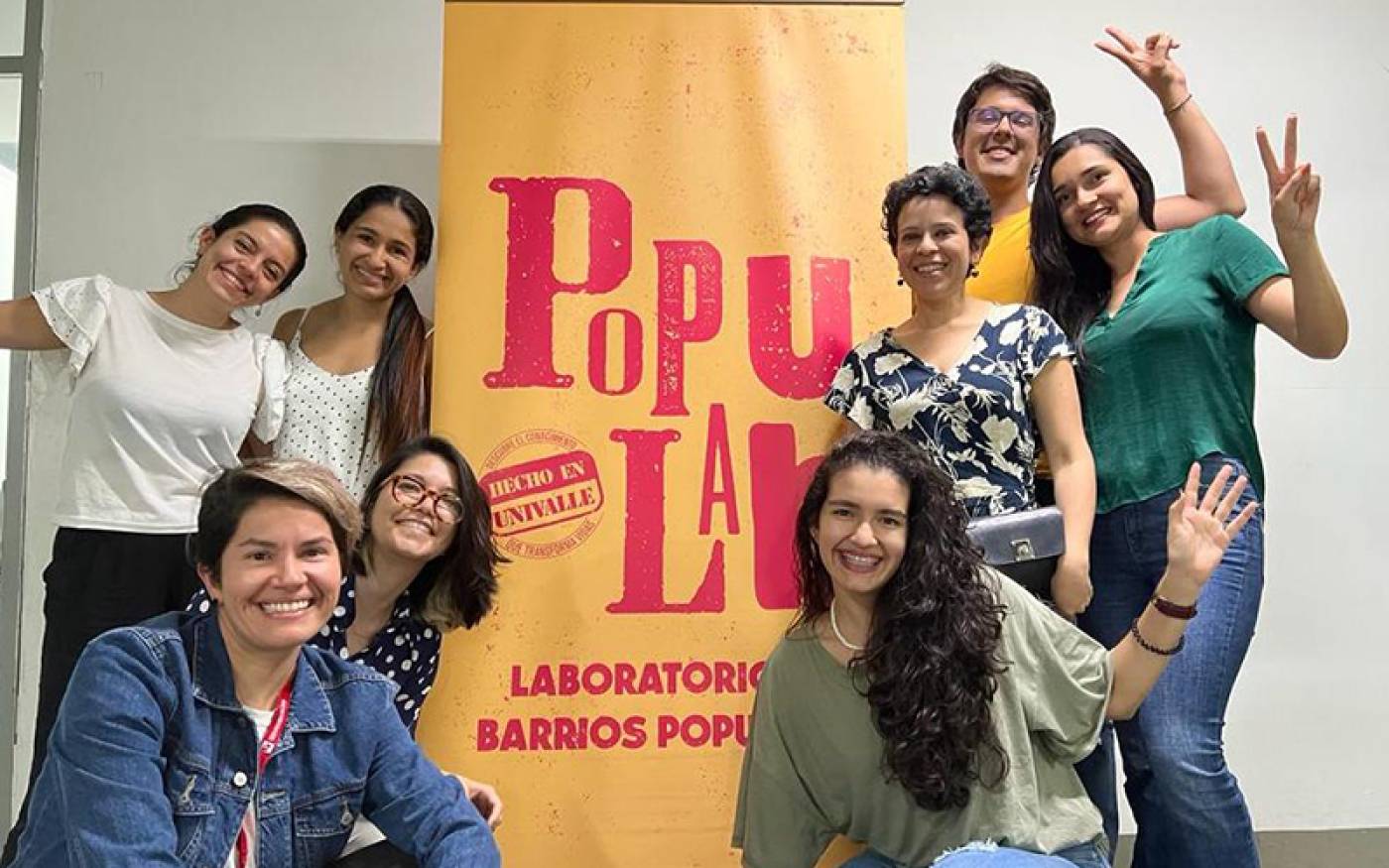
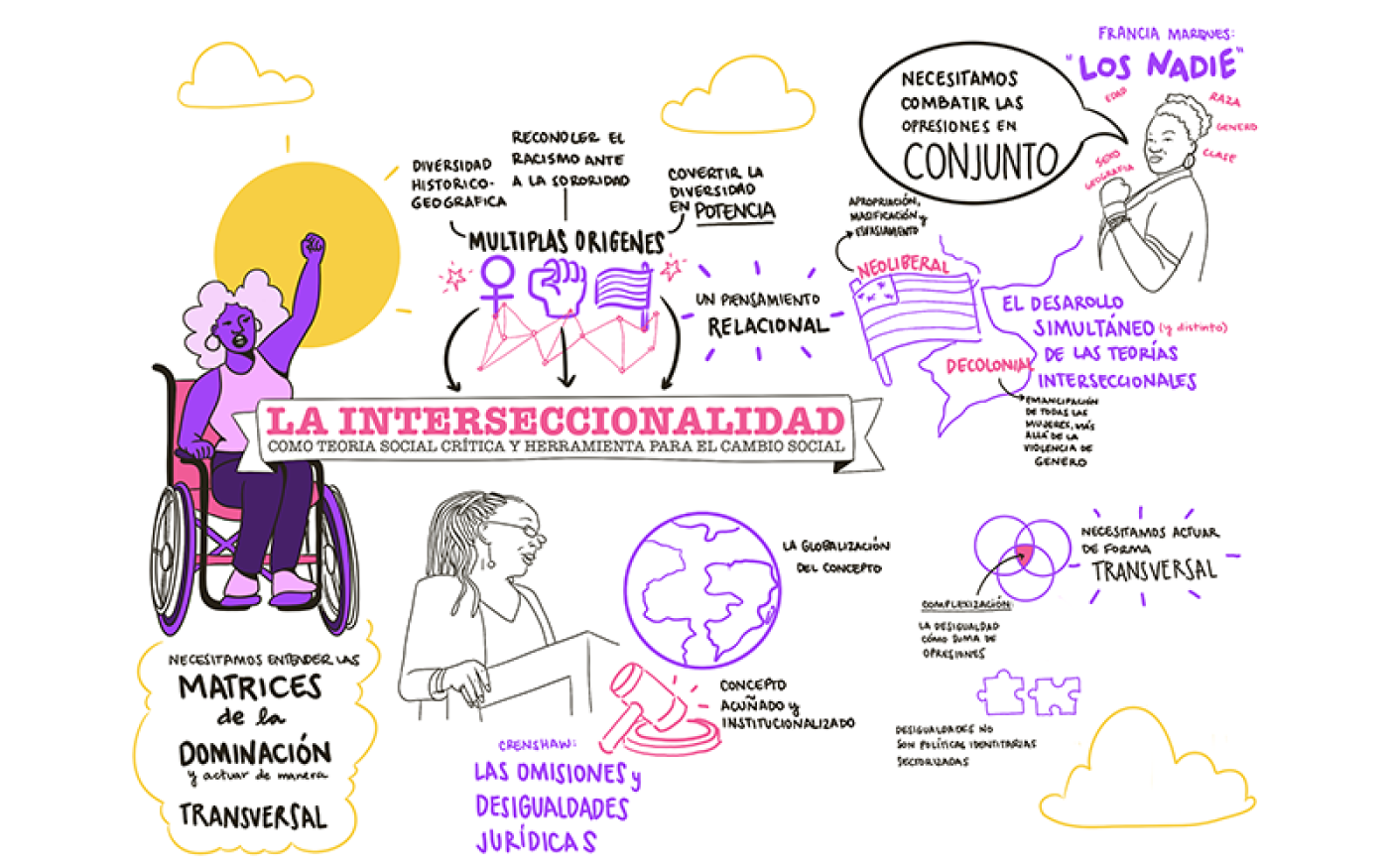
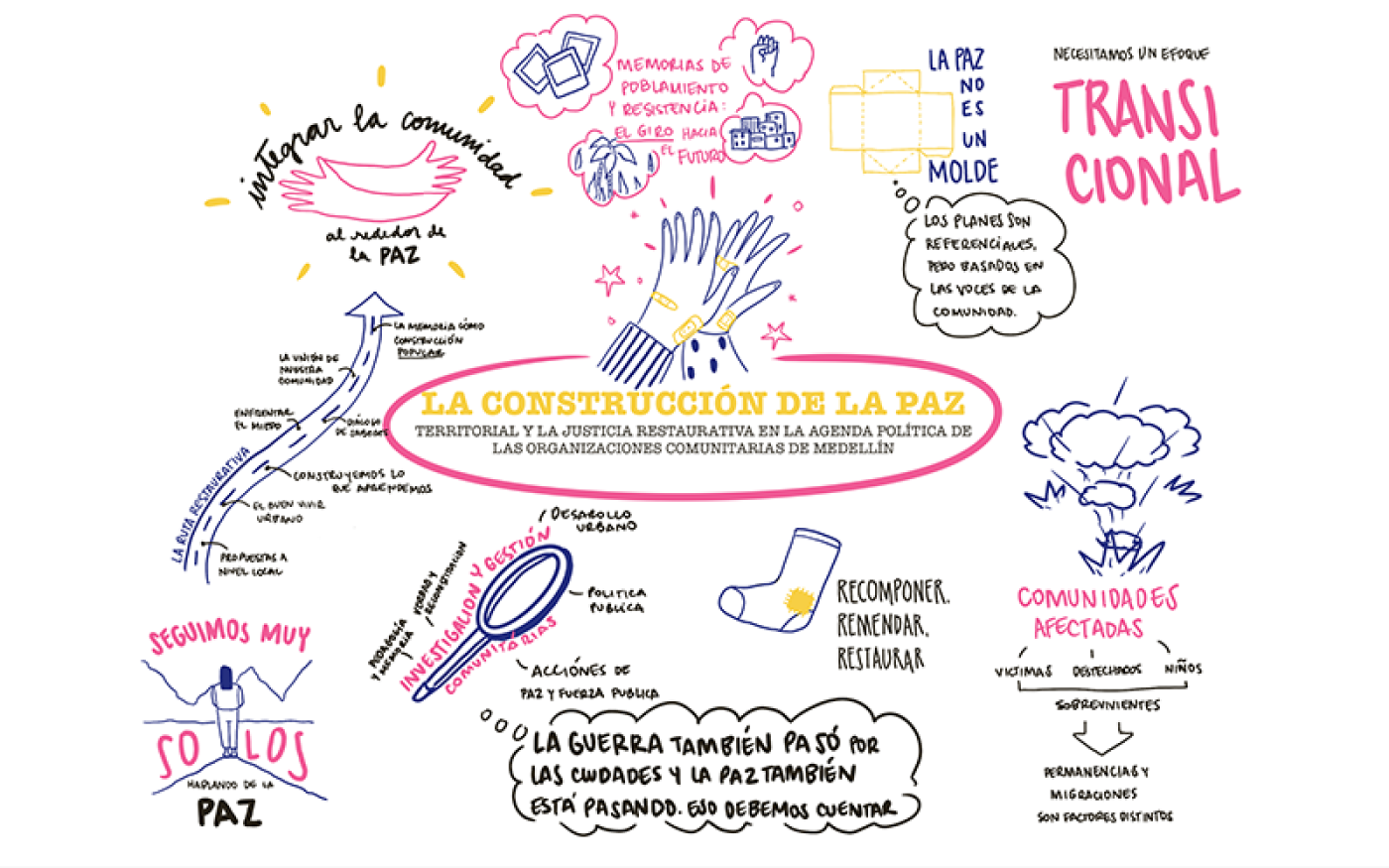
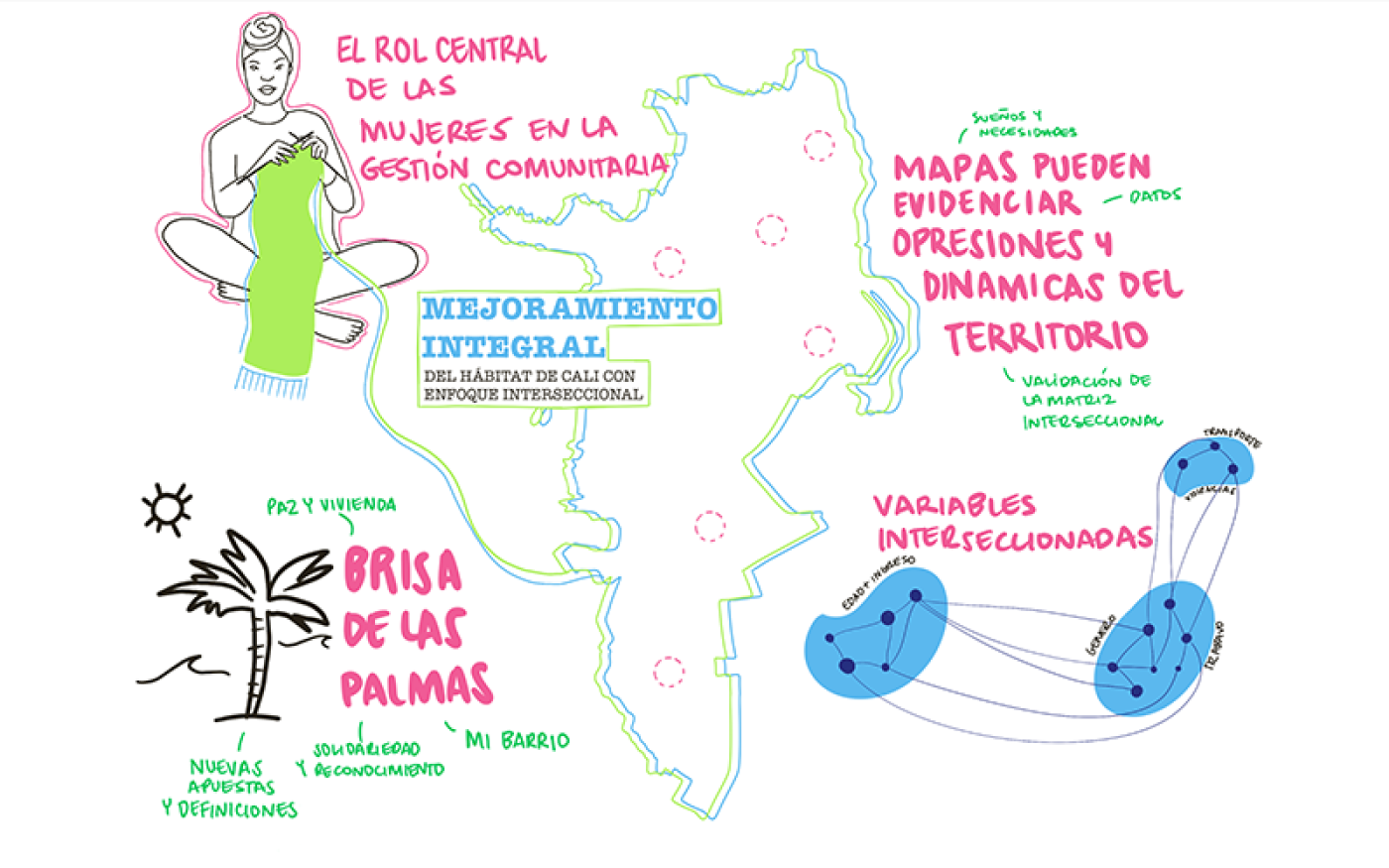
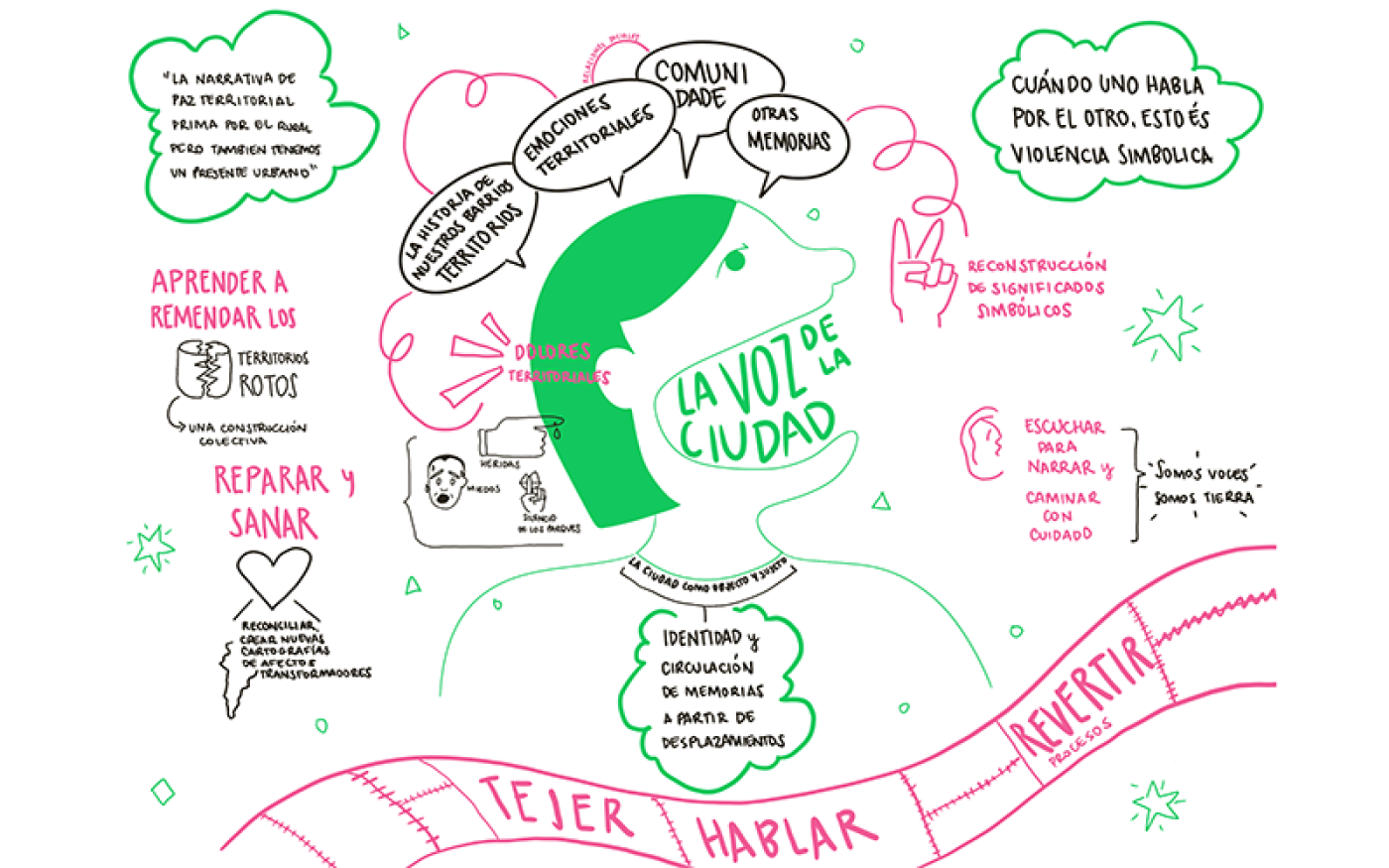
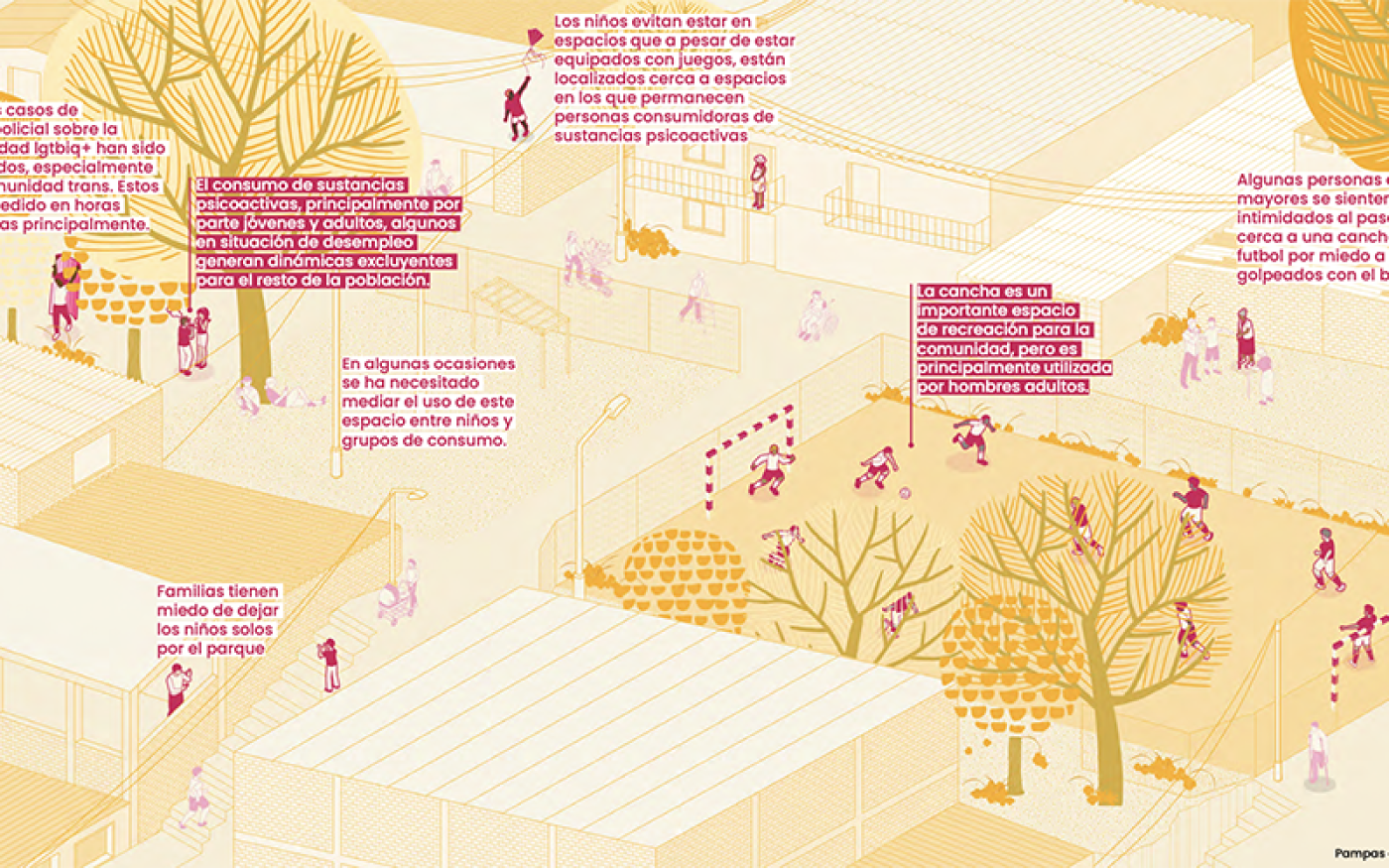
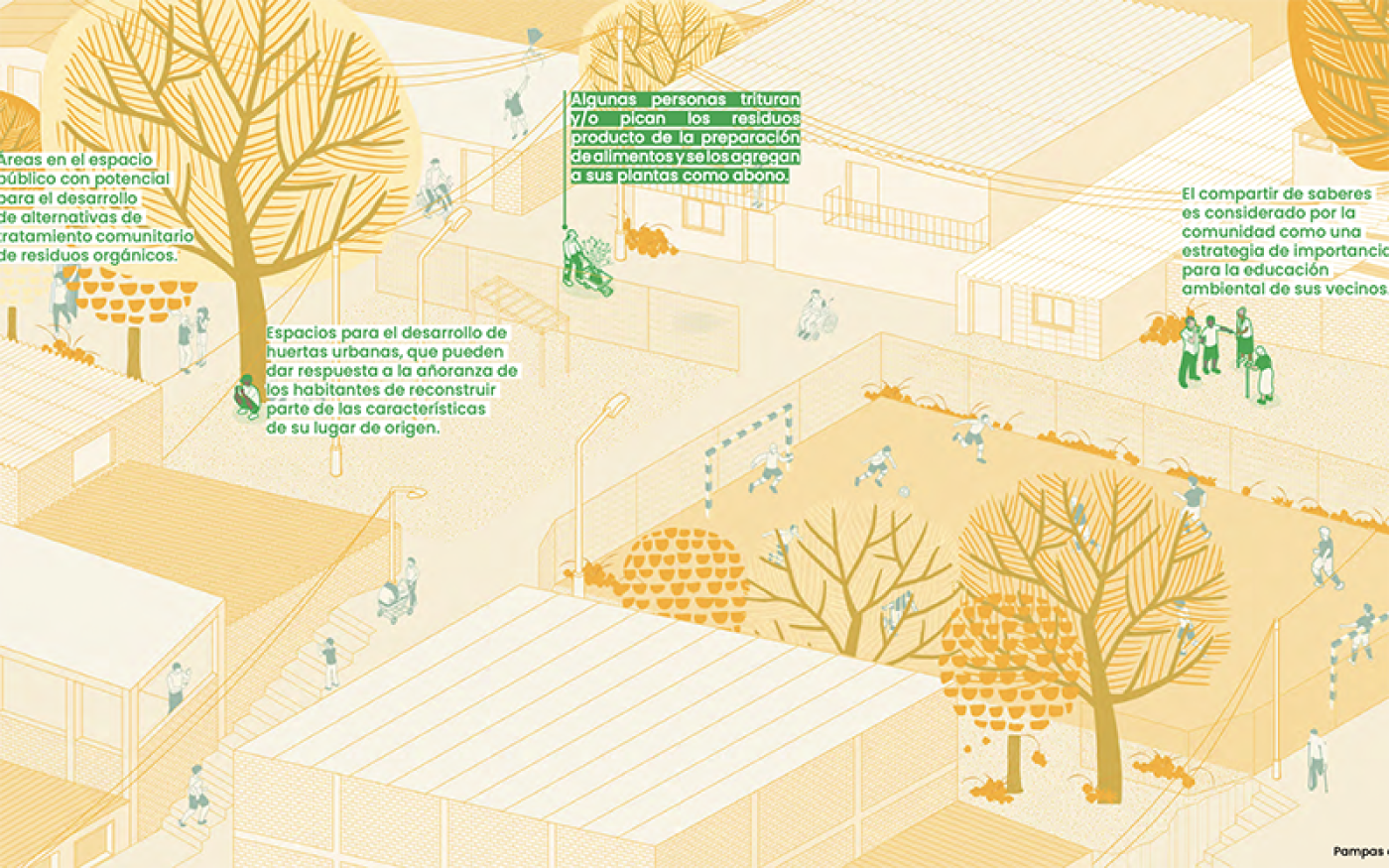
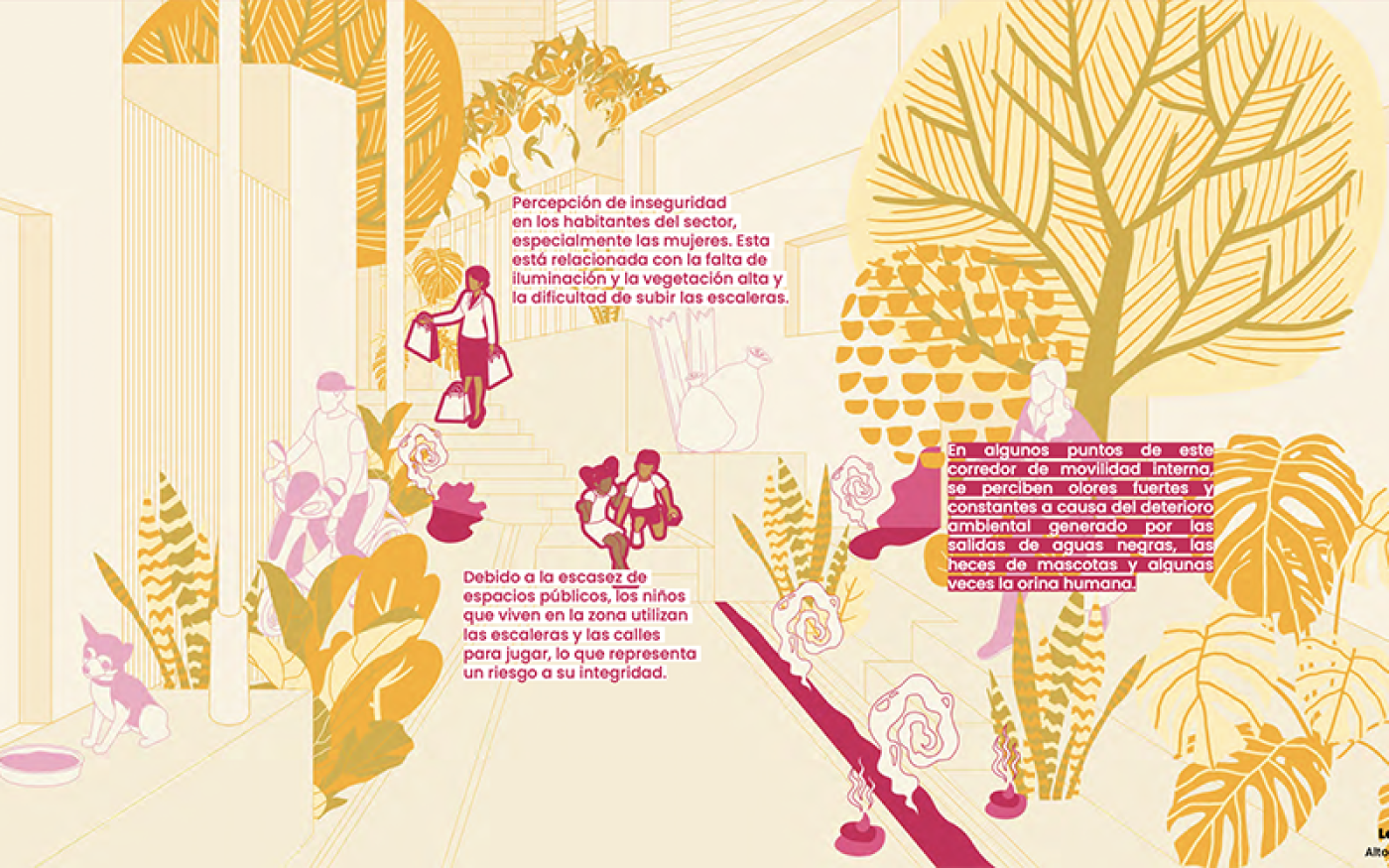
In Cali (Colombia), Naiara Yumiko Costa (MSc BUDD alumna) supported the activities of the Gridding Equitable Urban Futures in Areas of Transition (GREAT) – a three-year research project led by Lancaster University – with the supervision of staff from Universidad del Valle (Angela Franco and Gynna Millan) and DPU’s Catalina Ortiz.
The Fellowship contributed to generate change in informal off-grid settlements through developing three thematic PublicLabs: Mobility and Transport, Zero Waste and Neighbourhood Upgrading Policy. The research took place in four 'barrios populares', off-grid settlements, and focused on an intersectional approach to analyse space and socio-economic dynamics, proposing effective tools for change.
Naiara supported the production of policy briefs within the overall framework of GREAT’s PublicLabs activities. She collaborated to the production of the policy brief “Mejoramiento integral del habitat como estrategia para la transición hacia la paz territorial urbana”, authored by Catalina Ortiz and Angela Franco. The brief builds upon the idea that achieving territorial peace requires supporting those processes that take care, enhance and foster sense of belonging, identity and memory for vulnerable subjects in the off-grid settlements, through concrete actions stating both their right to the city and their right to a decent dwelling. Further, she curated the graphic design and produced infographics for the policy brief “Basura Cero en barrios populares: una apuesta para la justicia ambiental y social”, of the policy brief “Accesibilidad urbana como un factor de inclusion territorial en barrios populares”, and of the policy brief “Mejoramiento Integral del Hábitat con enfoque interseccional (MIH-I)”. All policy briefs are available, in Spanish, on the Populab website. Naiara, further, contributed to an interactive mapping of intersectional identities, producing highly visual maps and graphic elaborations, as part of a three-dimensional mapping effort by the GREAT team.
In Naiara’s words, “being a fellow at the GREAT project was fantastic. It was a great opportunity to work in situ with ‘barrios populares’, their inhabitants and the local authorities, understanding and feeling the context of what constitutes informality in another city in South America. I could participate in important processes of linking academic work with effective political and social matters, which expanded my understanding of how far we can go in allying theory and practice. Working with, and in, the PopuLab team granted me a chance to make wonderful friends and encounter brilliant professionals whose cause resonates with mine: promoting equity and spatial justice in the built environment.”
Naiara’s background
Naiara is a Brazilian research-driven urban designer, with a background in architecture. Her work focuses on the socio-political construction of the built environment, with a particular interest in counter-cartography and spaces of informality. She is one of the co-founders of projektado, an international and transdisciplinary collective addressing contemporary design critically; and a coordinator of the Centro Cultural Afro-Brasil, a new initiative to communicate with and build an active Brazilian migrant community across Europe. In the past, she has worked alongside grassroots movements for the right to the city in Rio de Janeiro, building community engagement for the coproduction of community plans in Favela Indiana, and Vila Autodromo. She has also co-founded the peripheral art collective Es Uma Maluca and the contemporary architecture and planning organization Casa de Estudos Urbanos.
As a DPU student in the MSc BUDD, Naiara had the chance to embrace a critical ethos on the role of development and design researchers and practitioners, and exchange knowledge with students and professionals who share this view. Naiara worked directly with favelas at risk of displacement and relocation due to the pre- and post-effects of megaevents in Rio de Janeiro, which led her to develop the "Participatory Planning at the Favela Indiana's Popular Settlement Plan" dissertation project. Through that work, she became more interested and involved in the movements for the right to the city, enhancing her perspective that architecture was much more than just drawing fancy spaces for those who could afford it.
Reflecting on her positionality, Naiara told us how she was raised in a working-class Asian-Indigenous family from the North of Brazil, who then migrated to Rio de Janeiro when she was young. She later migrated, without her family, to the UK, where she had the opportunity to engage in collective work as something that could help her to face migratory-identity-related issues such as displacement, sense of belonging and memory – themes that strongly resonate with her focus throughout the Fellowship. “Having the opportunity to go back to South America, and to work with informal settlements, granted me the chance to deepen my understanding of such territories and their dynamics, to embrace the struggles faced by different identities inhabiting them, similar though at the same particular to the ones I had been exposed to in Brazil”.
 Close
Close

